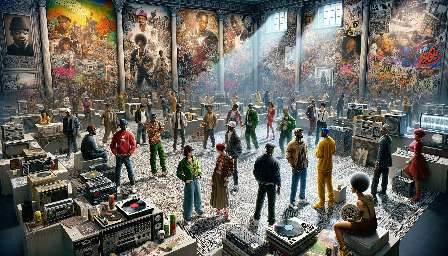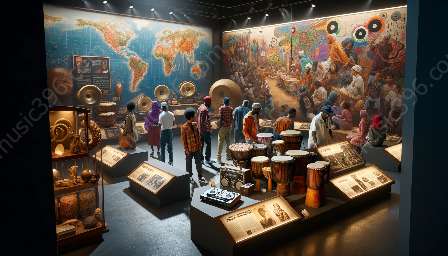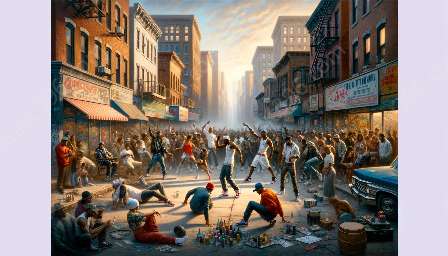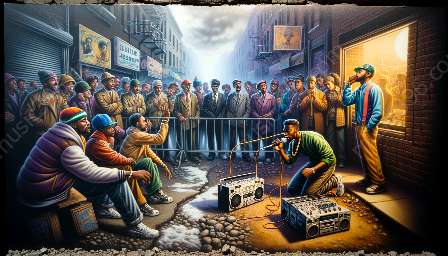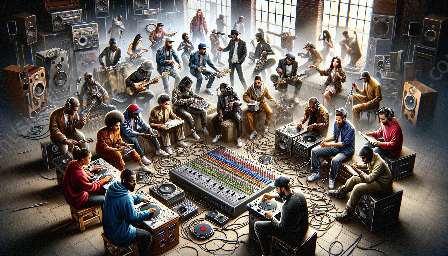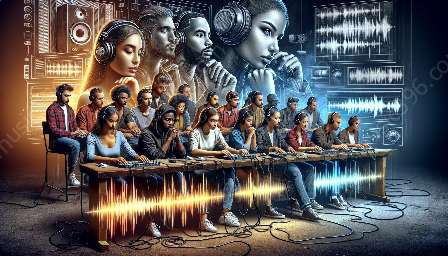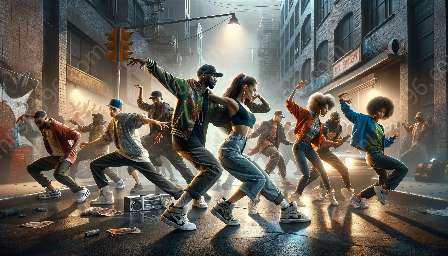Urban and hip-hop music have long been associated with the practice of sampling, where artists incorporate elements from existing songs into their own compositions. However, the use of sampling in these genres raises several legal implications that affect both the artists and the original copyright holders. In this topic cluster, we will explore the complexities surrounding the use of sampling in urban and hip-hop music and its impact on copyright law.
The History of Sampling in Urban and Hip-Hop Music
Sampling has been a fundamental element of urban and hip-hop music since its inception. Artists in these genres often use snippets of other songs, such as drums, melodies, or vocal lines, to create new and innovative works. This practice has played a significant role in shaping the unique sound of urban and hip-hop music.
The Impact of Sampling on Copyright Law
While sampling has contributed to the creativity and evolution of urban and hip-hop music, it has also raised complex legal issues related to copyright law. The unauthorized use of samples can infringe on the rights of the original copyright holders, leading to legal disputes and financial implications for the artists involved.
Clearing Samples and Licensing
Clearing samples involves obtaining permission from the copyright holders of the original recordings before using them in new compositions. This process typically requires negotiation and the payment of royalties or licensing fees. However, navigating the clearance process can be challenging, as it involves identifying and contacting multiple rights holders, especially for heavily sampled tracks.
Fair Use and Transformative Works
Artists and producers often invoke the doctrine of fair use as a defense in sampling-related legal disputes. Fair use allows for the use of copyrighted material for purposes such as criticism, comment, news reporting, teaching, scholarship, or research. Additionally, creating transformative works, where the sampled material is significantly altered or recontextualized, can strengthen the argument for fair use.
Sampling Technology and Copyright Infringements
The advancement of sampling technology has facilitated the widespread use of samples in urban and hip-hop music. Digital sampling allows artists to manipulate and integrate samples with ease, but it has also made it easier for copyright holders to identify unauthorized use and pursue legal action for infringements.
Legal Precedents and Landmark Cases
Over the years, there have been several high-profile legal cases that have shaped the legal landscape surrounding sampling in urban and hip-hop music. These landmark cases have established important precedents and guidelines for determining the legality of sampling and the responsibilities of artists and copyright holders.
International Perspectives on Sampling Regulations
The legal implications of using samples in urban and hip-hop music vary across different jurisdictions. International perspectives on sampling regulations can offer insights into the diverse approaches to copyright law and intellectual property rights in the context of music production and artistic expression.
Conclusion
The use of sampling in urban and hip-hop music presents a rich and complex intersection of artistic creativity and legal considerations. As artists continue to push the boundaries of musical innovation, it is essential to navigate the legal landscape surrounding sampling with awareness and adherence to copyright laws and regulations.




